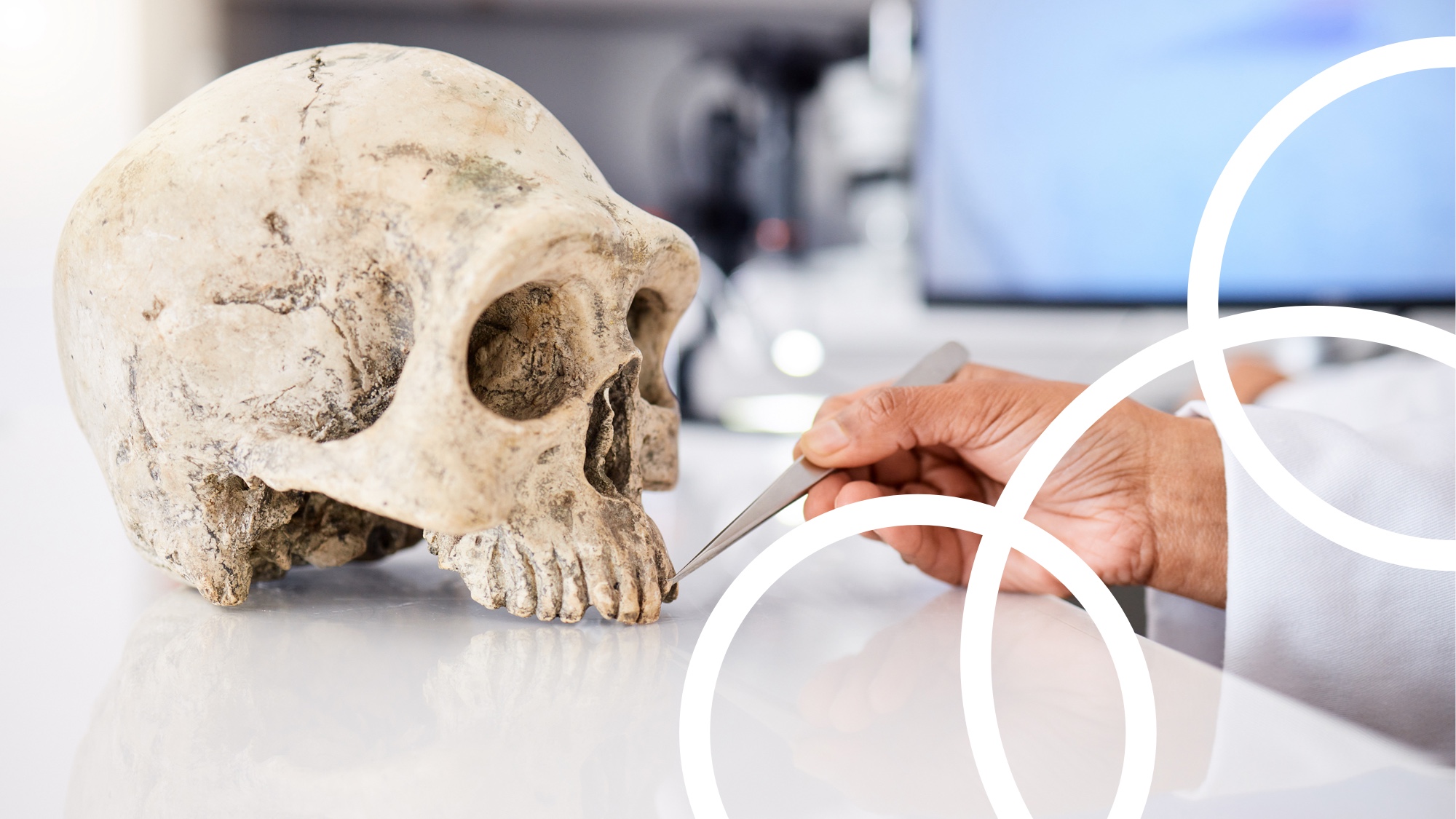
Scientists believe we are on the cusp of a new, golden age of evolutionary research on the oral microbiome. It may even be possible one day to diagnose whether an ancient human had Alzheimer’s simply by looking at the plaque on their teeth.
In her latest feature for BBC Future, the science writer Jasmin Fox-Skelly explores how researchers are now able to extract and sequence the DNA of ancient oral bacteria using plaque that has remained on the teeth for hundreds of thousands of years, giving them access to unprecedented information about the health of our ancestors.
In the BBC Future feature, Jasmin interviews Abigail Gancz, an anthropology researcher at Pennsylvania State University and author of the F1000Research review article which explores how studying ancient human oral microbiomes could yield insights into the evolutionary history of noncommunicable diseases. Abigail argues that given the links between the oral microbiome and conditions like heart disease, diabetes mellitus, rheumatoid arthritis, and Alzheimer’s disease are so well-established, we could use ancient microbial DNA to infer whether ancient humans had these conditions too.
The BBC Future article can be accessed at this link here.
